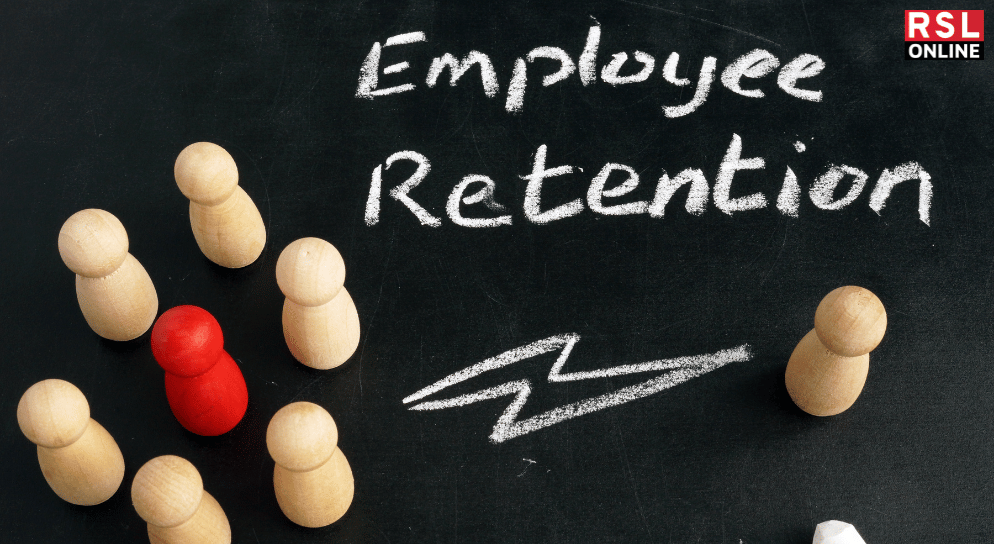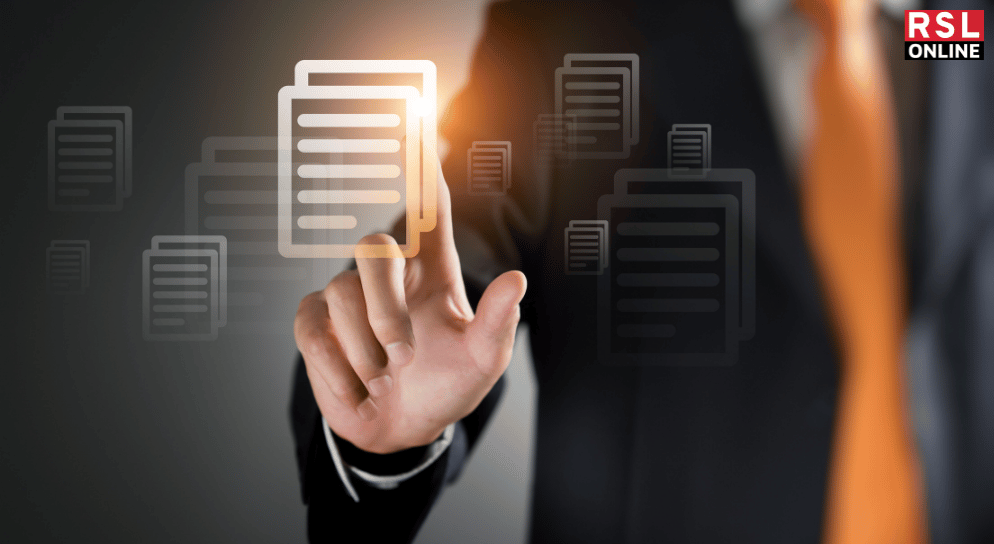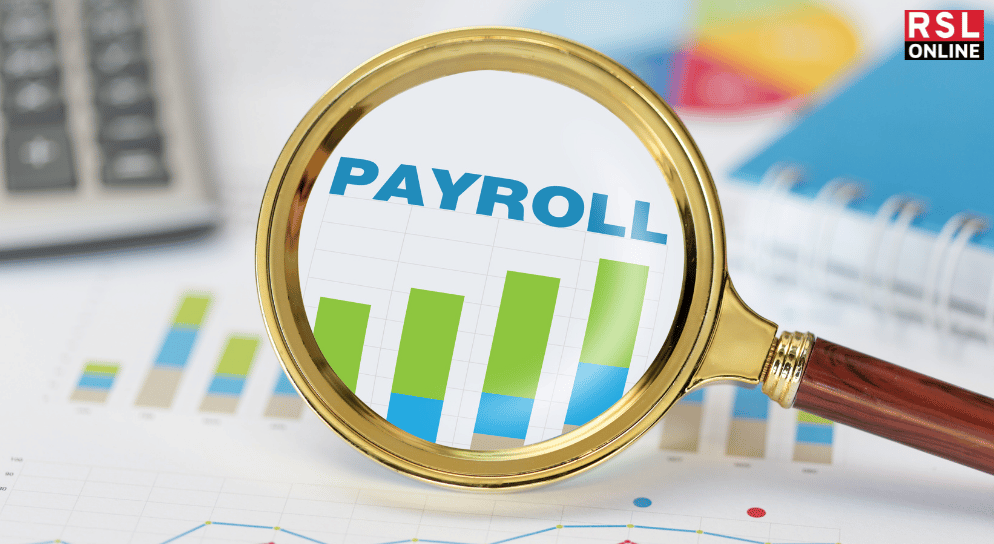Uncertainty is just part and parcel of being in business. You never know what might hit you or get you blindsided. However, that does not mean that you should leave things to chance. A great businessman would always have an ace up his or her sleeve.
ERC or Recovery Startup Business is just that. You can do wonders with this government mandated program. But first, you need to understand and know the subject to wield it. This article will try to help you with that and, in the process, help you to start an online business or any other form of business that you seem fit.
Recovery Startup Business is part of an ERC program. It is one of the most extensive and helpful tax rebate programs that the government has initiated. However, getting this tax rebate is not a matter of joke. Here is everything you need to know about Recovery Startup Business and ERC.
What Is Employee Retention Credit?

The COVID-19 pandemic was one of the biggest and most significant events in recent human history. It changed how human beings operated. How businesses generate revenue or how customers interact with a business.
As a result, the government brought forth several relief programs like Recovery Startup Business, New Startup Regulations, etc. All of these things do qualify as business growth marketing strategies.
Out of all the programs, ERC or Employee Retention Credit is probably one of the most significant programs. Simply put, ERC is a tax rebate imposed by the IRS. This is based on several terms like qualified wages, percentages of qualified wages, etc.
This is a government-funded program that is meant to help entrepreneurs to weather economic hardships. The COVID-19 made the officials realize the importance of such programs.
ERC had its inception from the CARES Act of 2020. ERC shares many similarities with the Economic Injury Disaster Loans (EIDL) and Paycheck Protection Program (PPP). However, ERC is much more advanced.
Subsequently, ERC does not put regulatory restrictions on the money. As a result, business owners prefer ERC over EIDL and PPP.
Even though we have started our blog with ERC, this blog is primarily focused on answering some key questions, like “What is a recovery startup business?” or “What qualifies as a recovery startup business?”
ERC is an integral part of startup business recovery. Therefore, we thought that starting with that would set the course of the discussion right.
Understanding ERC Recovery Startup Business

Now that the basics have been dealt with, it is time that we start focusing on our subject of the day: Recovery Startup Business.
This program first came into the scene back in the year 2020. Since then, the program has become one of the most sought-after programs for newer and small-scale businesses.
As per the Legal Information Institute of Cornell Law School. This program is linked to IRS and was launched in the middle of February 2020.
The provision of the program explicitly claims that if a business does not exceed $1 million and has one or more employees, then the business qualifies for ERC Recovery Startup Business.
Even though the regulation discusses the points clearly, the eligibility can differ according to individual circumstances. Therefore, you need to consult a professional or find a free ERC tax credit calculator for preliminary understanding.
How To Qualify For Recovery Startup Business?

Whenever a conversation about a financial policy like Recovery Startup Business arises, the conversation usually digresses toward the qualifying factors. This section is all about that.
Here are some of the most common and critical qualifying factors that a business needs to fulfil to qualify for Recovery Startup Business rebates.
- Your company must have one employee. This employee cannot be a family member or related to you in any way.
- You are qualified for the rebate if you start your operation after February 15th, 2020.
- The business must have an annual gross revenue generation of around $1 million dollars or less for at least 3 years consistently.
- You cannot hold any other ERC rebates. A business can only have one single ERC rebate at one point in time.
- The business must have experienced a full or partial suspension due to government mandate during the COVID-19 pandemic.
New Startup Regulations
Recovery Startup Business is a significant rebate that businesses aim to secure. However, securing this policy is difficult as of late.
A recent mandate stated that you cannot qualify for any rebates of 2020 if you start your operations after the second quarter of 2021. This is one of the most important factors that new business owners must remember to make proper claims.
Even though the mandate, in a way, restricts some of the significant aspects of businesses, you should not be disheartened. If your business qualifies under other parameters, it might be considered for rebate by the officials.
The Claim

The claim is an essential aspect of any form of government rebate. Thankfully, ERC does not let down entrepreneurs. The claim is so handsome that users even suggest that entrepreneurs should include these business plans for small businesses. As per the mandate, the overall ERC for 2020 was 50%.
This was a huge rebate that was seminal in catapulting businesses to the forefront. However, the mandate also placed certain restrictions on wages of employees who must be under $10,000, and they receive their paycheck from March 12, 2020, to December 31, 2020.
For 2021, the available credit bracket was revised and set to 70%. This bracket also came with the restriction of a $10,000 wage limit and that these employees must receive their paychecks from January 1, 2021, to September 30, 2021.
These rebates really helped businesses to grow to different heights. Therefore, Recovery Startup Business rebates can truly help struggling businesses grow further.
Qualified Wages Overview
An employee is not just paid in salary. In fact, an employee must receive an extensive set of perks. These perks include health plans, dental, etc. All of these encapsulate the concept of qualified wages.
However, the definition of qualified wages is a fluid one. This means, it is an evolving concept that goes through revision and updates regularly.
Qualified wages are integral whenever the conversation of Recovery Startup Business arises. These wages get counted and collected and business owners can show these wages as operation costs.
This, in turn, can help businesses qualify for a myriad of tax rebates like recovery startup business tax credits or other ERCs.
How To Claim ERCs?

Regardless of the ERC you are holding. You need to go through a grueling process that will challenge and test your patience. Therefore, it is crucial to understand the total claiming process of ERCs.
Fun fact: the program ended back in 2021. However, businesses can still claim this ERC. Therefore, understanding the ERC process can be handy. Claiming ERC now is a matter of filling out form 941.
Another fun fact is that a huge portion of businesses are ignorant of the fact that they qualify for ERC. Therefore, it is very important to stay informed.
Even though claiming sounds easy enough. Trust us, it is not.
Documents Required For ERC

ERC is a government-funded program meant to help individuals and businesses who need financial aid. However, since it is a government-funded program, the government would like to determine that you are eligible for the rebate.
Therefore, the claiming process of any form of ERC, like recovery startup business or any other, is riddled with a trail of documentation. Therefore, it is important to have a clear idea about the documentation that you might need to claim.
This section and subsections would like to educate you guys on the documents you might need to effectively claim your Recovery startup business tax credit.
IRS Form 941x
The foremost key documentation that you will need to initiate the process is IRS Form 941x. This piece of documentation is seminal when claiming a refund for a tax rebate.
The form allows businesses to clean the state by amending previously filled quarterly Tax returns. This also helps businesses to improve their employee retention credit. All of these are helpful in claiming for recovery startup business.
However, you need to report all the wages paid accurately and precisely. Otherwise, you might get charged with the federal felony of Tax Evasion.
Payroll Costs

The next thing you need to understand about the process is the payroll costs. This is the second piece of the puzzle and is equally important.
Payroll costs or operational costs are a term that consists of qualified wages. This includes a detailed record of salaries, commissions, or other variants of compensations that you paid over a specific period.
This is a very important part of the whole deal, as you must be as extensive as possible. Otherwise, you are simply opening yourself up to lower returns. Which is something that nobody wants. Keep all these documents to do proper accounting for startups.
Navigating The Complexities
One of the most important factors that one needs to remember about the whole process of recovery of startup business claims is the complexities. These complexities make the process more challenging and tedious.
However, having a clear idea of the challenges can help an individual or a business to prepare for the worst. Here are three of the most common challenges you need to know about the claiming process of recovering a startup business.
- ERC Claim Process: The whole process of an ERC claim is a huge maze of troubles. The only way to brave this landscape is by clearly understanding the whole process, documentation, and the qualifying brackets.
- Determining Qualified Wages: The next challenge you will face while counting qualifying wages is determining them. A general rule of thumb is to include salaries, perks, commissions, etc.
- Regulatory Challenges: The final challenge you will face is the shifting regulation landscape. Overcoming these challenges can be very difficult. Hence, get some professional help if you can.
The Final Thought
In summation, this was all there is to know about recovery startup business tax rebates. If you are a new business that started operations in February 2020 and has a gross revenue scale of less than $1 million. All these things can help you get this ERC tax rebate.
Additional Reading:




























